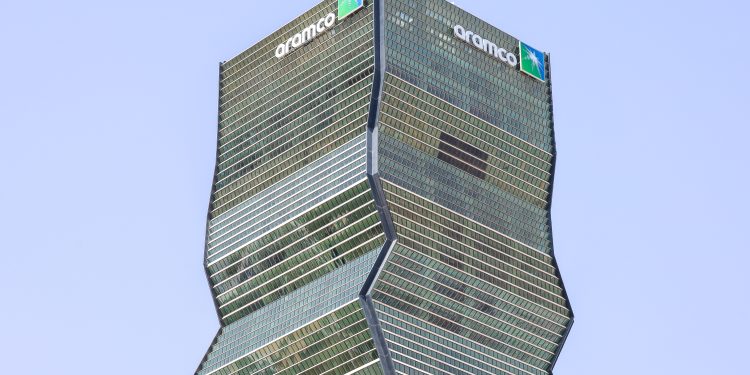The national oil behemoth of Saudi Arabia, Aramco, is gearing up to distribute nearly £100bn to its shareholders, which includes the government and various sovereign wealth funds. This move comes despite a noticeable dip in profits for the company.
Expected shareholder payouts for this year are projected at $124bn (£99bn), marking an increase from last year’s $98bn. This decision aligns with profits that have fallen by 14% to $27.3bn in the first quarter of 2024, as reported by Aramco.
Crucially, the Saudi economy still leans heavily on Aramco, with the International Monetary Fund estimating that oil prices need to be around $96 per barrel to equilibrate the national budget. Current benchmarks, however, are floating under $84 per barrel.
The increased payouts are part of an effort to support Crown Prince Mohammed bin Salman’s ambitious plans to revamp the country’s economic landscape. Among the envisioned changes are the creation of tourist attractions including museums and marine life centers, an opera house, a seaside resort, a new airport, and the $500bn high-tech ‘Neom’ city in the desert.
However, some of these grandiose initiatives have been scaled back following three consecutive quarters of economic shrinkage. The Saudi Finance Minister, Mohammed Al Jadaan, has indicated that Vision 2030, the overarching economic transformation strategy, will be adaptively managed. ‘The Line’, a futuristic city within Neom, has already seen its length reduced from a potential 170km to a mere 2.4km.
In response to the downward pressure on oil prices, largely due to increased production from the United States, Saudi Arabia and other key nations in the Opec+ cartel have reduced their oil output since late 2022. In January, Aramco was instructed to abandon its plans to escalate production to 13 million barrels per day and to sustain the 12 million barrel target instead. Despite these efforts, the country is still grappling with a budget deficit estimated at 79bn riyals (£16.8bn) for the current year.


